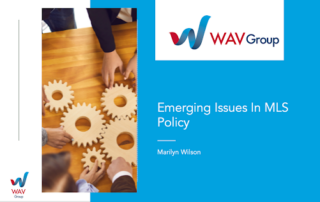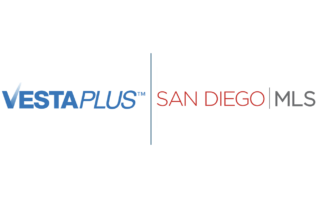Today brokerages representing over 600,000 agents cannot or will not require NAR membership because of their proposed lawsuit settlements. Whether from litigation, DOJ rulings or the belief from brokerages (especially the $2 billion crowd) that NAR let them down, it is anything but business as usual right now. All Association leaders need to be open to new ways to doing business to be able to ride out this storm.
Forward-looking, strategic AE’s recognize these vulnerabilities. They are effectively partnering with their volunteer leaders to push the envelope, eliminating outdated or poorly attended programs and focusing their attention on preparing for future scenarios that may be foisted on the industry from lawyers, the DOJ or some other unknown threat.











